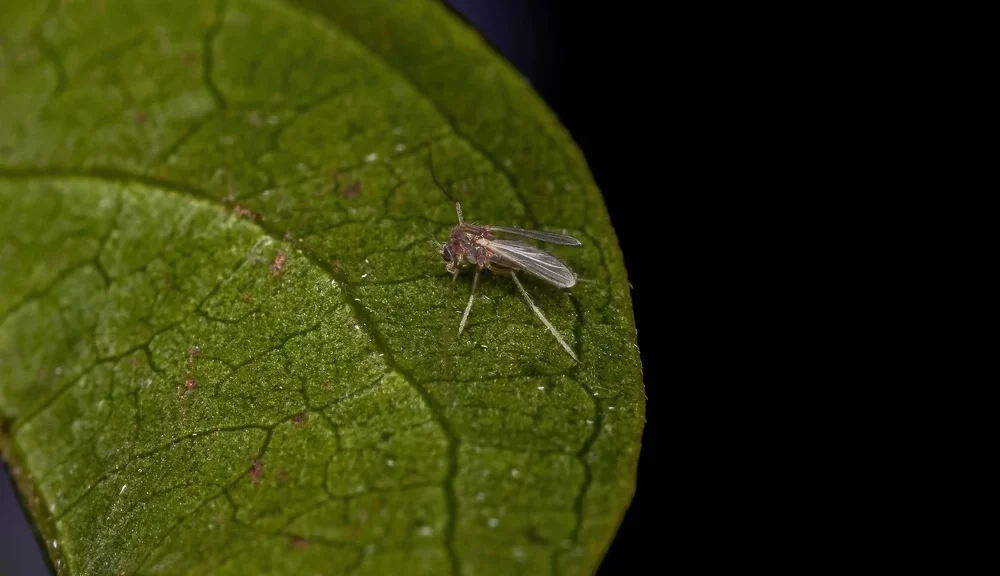What Does Cedar Repel? Surprising Facts and Tips Revealed
Share
If you're curious about what does cedar repel, you've come to the right place! Cedar wood, often lauded for its aromatic scent and durability, has applications that extend far beyond simple construction. Many people are intrigued to know how this remarkable natural resource can be utilized in pest control. Let's dive deep into the world of cedar and uncover what pests it can keep at bay!
Cedar is not just a beautiful choice for your outdoor furniture or decking; its natural properties make it an excellent repellent for several pests. From insects to larger nuisances, cedar wood's unique characteristics make it an appealing option for anyone looking to live in harmony with nature while keeping unwanted guests away. So, keep reading as we unravel more about cedar!

Understanding Cedar's Insect-Repelling Properties
Cedar contains natural compounds such as thujaplicins and cedrol, which are known for their insect-repelling properties. These substances can deter various pests including:
- Moths: Cedar chips are commonly used in closets to repel moths.
- Termites: The aromatic oils of cedar can help keep termites at bay.
- Ants: The strong scent of cedar can confuse and deter ants.
- Fleas: Cedar is also effective against fleas, making it beneficial for pet owners.
- Ticks: Utilizing cedar wood in outdoor settings can discourage ticks.

Cedar vs. Other Natural Repellents
When considering natural solutions for pest control, many people might wonder how cedar compares with other repellents. Several options exist, such as essential oils, specific plants known for pest-repelling properties, and other natural substances. For example, using essential oils like natural mosquito repellents or planting herbs in your garden can also be quite effective.
In contrast, cedar provides a long-lasting solution with versatile applicationsits scent remains potent for extended periods, making it an efficient choice for both indoor and outdoor settings.

How to Use Cedar for Pest Control
Now that we understand what cedar repels, let's explore the various methods you can use cedar in your pest control endeavors:
1. Cedar Chips in Closets and Drawers
Utilize cedar chips in your closets and drawers to repel moths and other clothing pests. Simply place a few chips in a cloth bag and toss them in to keep your closet fresh and pest-free.
2. Cedar Shavings Around the Yard
Spread cedar shavings around your garden to keep ants, fleas, and other unwanted pests away. This method can also enhance the overall aesthetics of your yard.
3. Cedar Wood in Construction
If you are building or renovating, consider using cedar wood. Not only will it provide a stunning look, but it will also repel pests where you live.
4. Cedar Essential Oils
Creating a spray using cedar essential oil and water can be an additional option for repelling pests. You can apply this mix around your home and yard.
For further options on how to maintain a pest-free environment, consider reading about repelling silverfish using various techniques.

Debunking Myths Surrounding Cedar
While cedar is known for its pest-repelling properties, it is essential to understand that it is not a complete solution for pest infestations. Some myths suggest that using cedar alone will entirely eliminate peststhis is misleading. It works effectively as a preventive measure rather than a curative one. For severe pest infestations, consider consulting pest control professionals.
FAQs About Cedar and Its Repelling Qualities
1. Does cedar repel mosquitoes?
Yes, cedar can deter mosquitoes, but it's not as potent as other insect repellents. Consider using it in combination with sprays or other techniques.
2. Are cedar chips safe for pets?
Yes, cedar chips are generally safe for pets, but you should consult your vet if you are unsure or if your pet has allergies.
3. How long does the scent of cedar last?
The scent of cedar can last for several months, depending on exposure to the elements. Periodic replacement of cedar chips or shavings will keep the effect strong.
If you want to learn about how to repel other pests using plants, check out this article on pest-repelling houseplants.
As an Amazon Associate, I earn from qualifying purchases.
